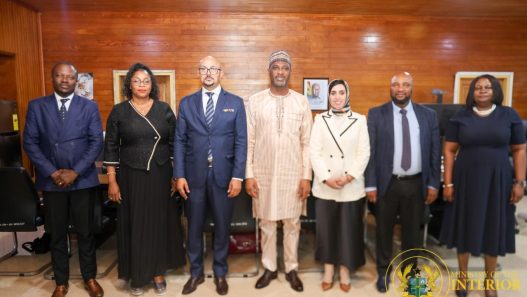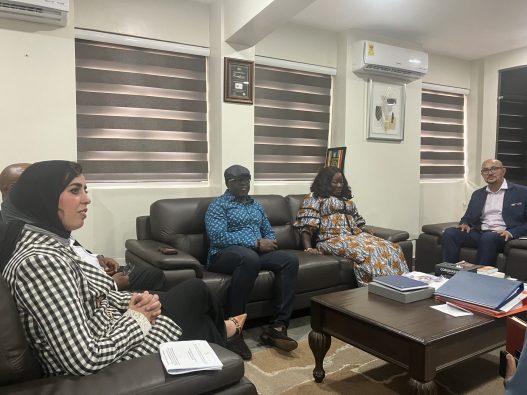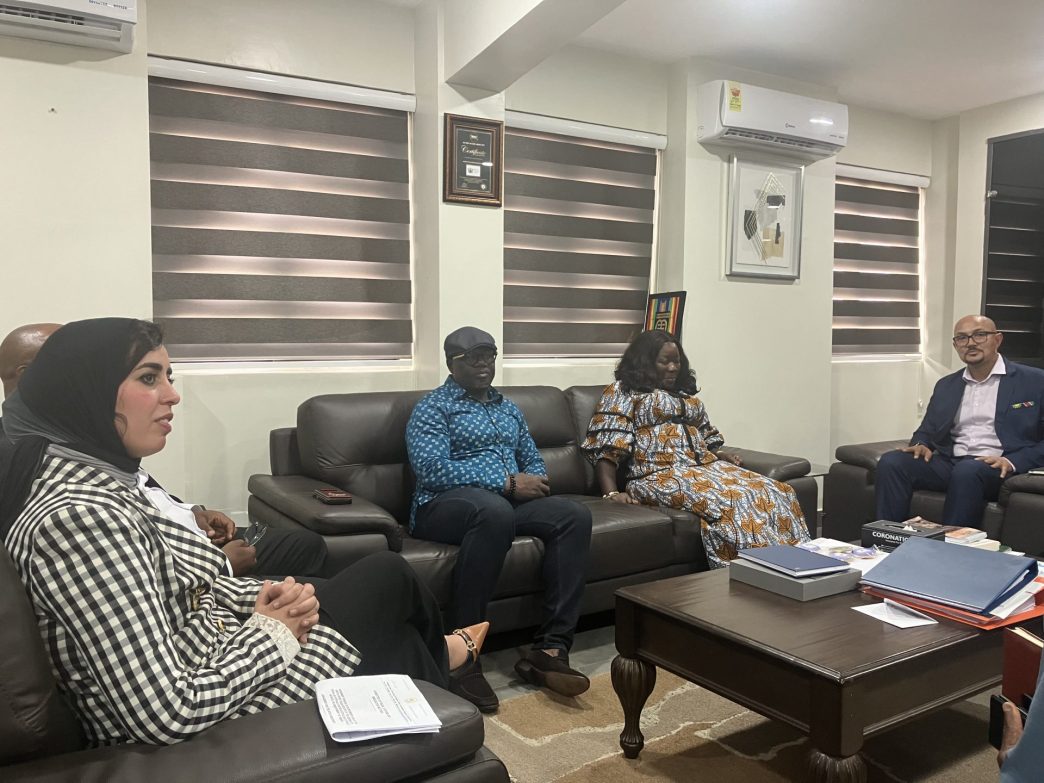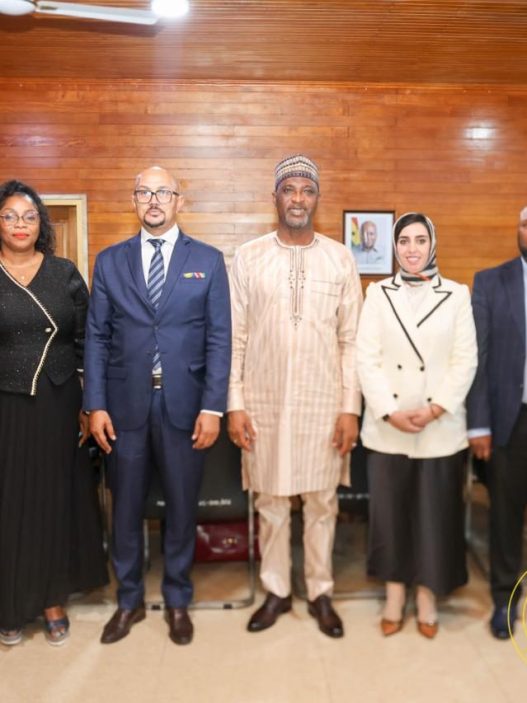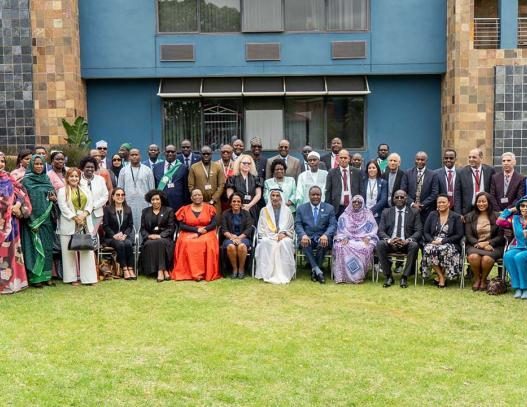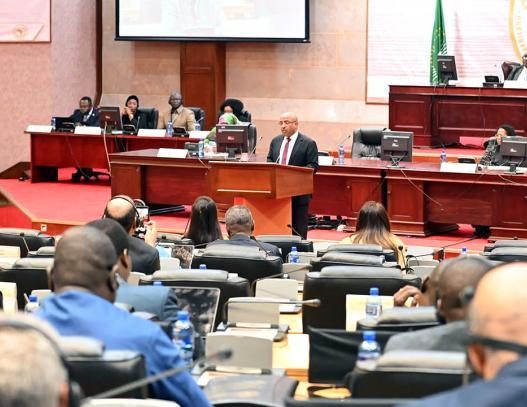The Minister for Trade, Agribusiness, and Industry, Hon. Elizabeth Ofosu-Adjare, has outlined key initiatives being implemented by her Ministry to strengthen Ghana’s industrial base and enhance agribusiness productivity.
She shared these insights during a meeting with a delegation from the Pan-African Parliament (PAP) Committee on Trade, Customs, and Immigration Matters, who are in Ghana for a four-day mission to assess the country’s implementation of the African Continental Free Trade Area (AfCFTA) Guided Trade Initiative and to advocate for the ratification of the AU Protocol on Free Movement of Persons.
The delegation is made up of Hon. Rodney Cloefe (Namibia); Hon. Hanna Belkhir (Morocco); and Hon. Jonathan Daka (Zambia); Ms. Marina Da Trinidad – Committee Clerk; and Mr. Jeffrey Onganga – Head of Media and Communications.
Hon. Ofosu-Adjare emphasized that Ghana’s industrial sector is driven largely by the addition of value to raw materials, particularly in the area of agricultural produce. However, she noted that the agribusiness sector remains underdeveloped and overly dependent on imports for raw materials.
“You would think that with all the agricultural produce in Ghana, we have enough raw materials for our factories. That is not the case. We are importing the bulk of our raw materials. For instance, a tomato factory in Ghana currently has to import about 90 percent of its raw materials,” she explained.
To address this challenge, the Minister said her Ministry is implementing a programme known as Commercial Contract Farming, which seeks to link investors with farmers to ensure sustainable and large-scale production of raw materials for industry.
“If you have a tomato factory, we link you with farmers who cultivate the specific variety you need for production. This creates a contractual relationship that guarantees supply in the right quantity and quality, while also preventing market disruptions that often put processors out of business,” she added.
Hon. Ofosu-Adjare further revealed that a comprehensive National Agribusiness Policy is currently being finalized after extensive stakeholder consultations. The policy, she said, will soon be presented to Cabinet and subsequently to Parliament for approval.
“We are developing a policy framework to guide the growth of agribusiness. It will include incentives to attract more investors into the sector. Agribusiness is a key part of our industrialization drive, and as a Ministry responsible for both Industry and Trade, we will also ensure that producers have access to markets across the region,” she stated.
The PAP Committee’s mission forms part of its 2025 work programme to promote trade integration under AfCFTA and encourage member states to align their national policies with continental free movement and industrialization goals.
Source: Clement Akoloh||africanewsradio.com





